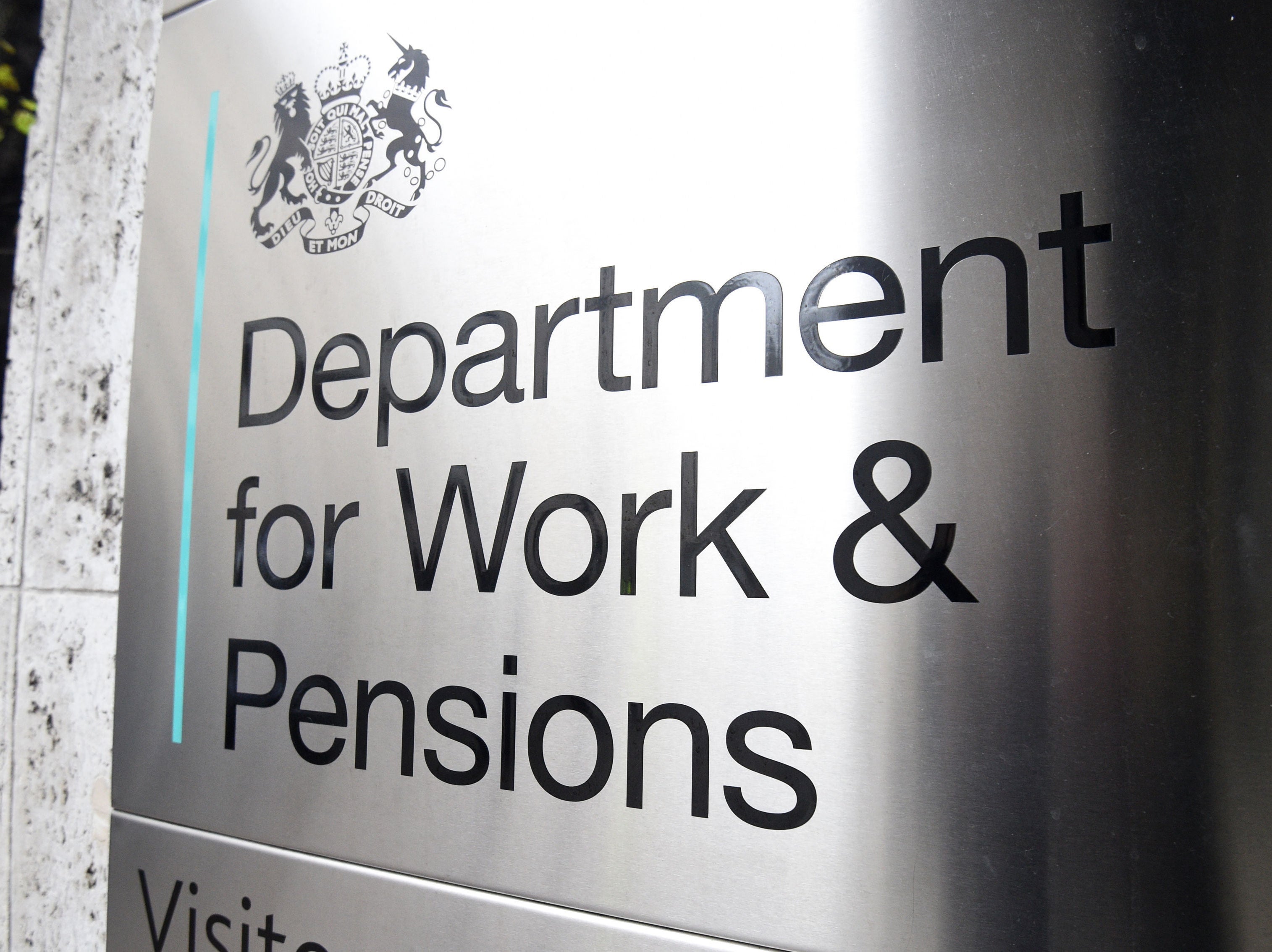‘Economically and morally wrong’: 660,000 key workers will be hit when universal credit uplift ends, report says
‘The link between hard work and fair pay is broken,’ says Royal Society for Arts, Manufactures and Commerce

Your support helps us to tell the story
From reproductive rights to climate change to Big Tech, The Independent is on the ground when the story is developing. Whether it's investigating the financials of Elon Musk's pro-Trump PAC or producing our latest documentary, 'The A Word', which shines a light on the American women fighting for reproductive rights, we know how important it is to parse out the facts from the messaging.
At such a critical moment in US history, we need reporters on the ground. Your donation allows us to keep sending journalists to speak to both sides of the story.
The Independent is trusted by Americans across the entire political spectrum. And unlike many other quality news outlets, we choose not to lock Americans out of our reporting and analysis with paywalls. We believe quality journalism should be available to everyone, paid for by those who can afford it.
Your support makes all the difference.More than 660,000 low-paid key workers, including nurses, supermarket staff and social carers, will be among millions of people affected when the universal credit uplift ends in the autumn, new figures suggest.
London, the south east and the north west have the highest numbers of key workers on universal credit, according to research by the Royal Society for Arts, Manufactures and Commerce (RSA).
A union leader said 30 September was set to be a “bleak day” for workers when the temporary £20-a-week increase is stopped.
The large number of key workers receiving universal credit is symptomatic of issues with in-work poverty, said the RSA.
Alan Lockey, head of the organisation’s Future of Work programme, said: “The link between hard work and fair pay is broken, and this cut will only make it worse.
“In the short term, the government needs to protect this vital lifeline for millions of hard-working Brits, especially our pandemic heroes working as nurses, social carers and supermarket assistants.
“In the long term, the government needs to make work pay, expanding the use of the living wage, tackling insecure work, and making benefits such as sick pay more generous and universal.”
Jonathan Reynolds, shadow work and pensions secretary, said the cuts were “economically and morally wrong”.
“It is shameful that the very workers who got us through this crisis are in the firing line when it comes to poor pay and cuts to universal credit,” he said.
“The government must see sense, back struggling families, and cancel their cut to universal credit. Labour would replace universal credit with a fairer social security system.”
Steve Turner, assistant general secretary of the Unite union, said the majority of those receiving the benefit were in work but earning too little to get by.
“The determination to rob the poorest workers and families of £20 a week is heartless and economically irresponsible,” he added.
“Food and living costs are rising and the chaotic bungling of the reopening of the economy means we cannot be assured of a return to any so-called normal.
“That £20 is a lifeline during this continuing uncertainty and removing it will cause certain despair.
“September 30 is set to be a bleak day for workers and our communities with [both] the cut and the end of furlough.
“It will go down as the day that this Tory government threw hundreds of thousands of working and vulnerable people and children under the bus.”
A government spokesperson said: “Universal credit has provided a vital safety net for six million people during the pandemic, and we announced the temporary uplift as part of a £400 billion package that will last well beyond the end of the roadmap.
“We’re committed to putting more money in the pockets of hard-working families, which is why this year we provided a pay rise to 2 million of the UK’s lowest-paid through a higher minimum wage, while we’ll also help people earn more by levelling up opportunity.”
Additional reporting by Press Association





Join our commenting forum
Join thought-provoking conversations, follow other Independent readers and see their replies
0Comments